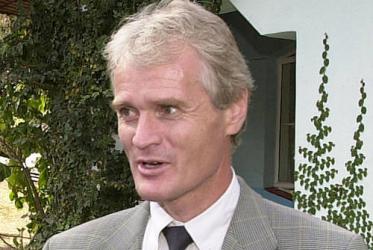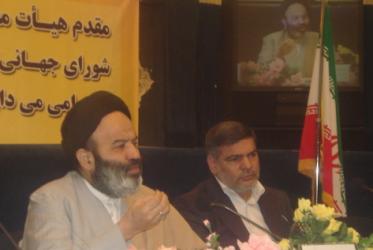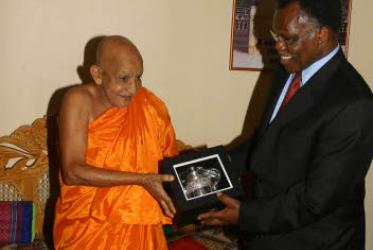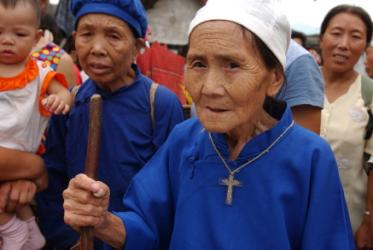Displaying 1521 - 1540 of 1554
18 November 2009
Norwegian Muslims and Christians condemn domestic violence
10 November 2009
Honest dialogue: the basis for interfaith encounters
01 October 2009
Inter-religious call to climate action ahead of UN summit
21 September 2009
Christians and Muslims in Western Africa committed to peace
21 August 2009
Religious leaders should facilitate peace building
02 July 2009
World religious leaders commit to uphold human rights
11 December 2008
Pakistani Christians, service in the midst of conflict
10 December 2008
Global food crisis has a spiritual dimension, says Kobia
24 November 2008
Food price crisis: What does it mean? What can we do about it?
19 November 2008
Mental health is a community issue
10 October 2008
WCC executive committee meets and approves budget and statements
30 September 2008











